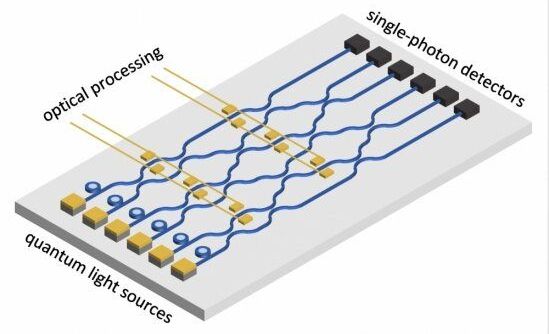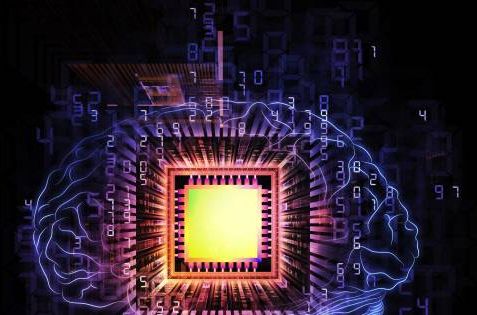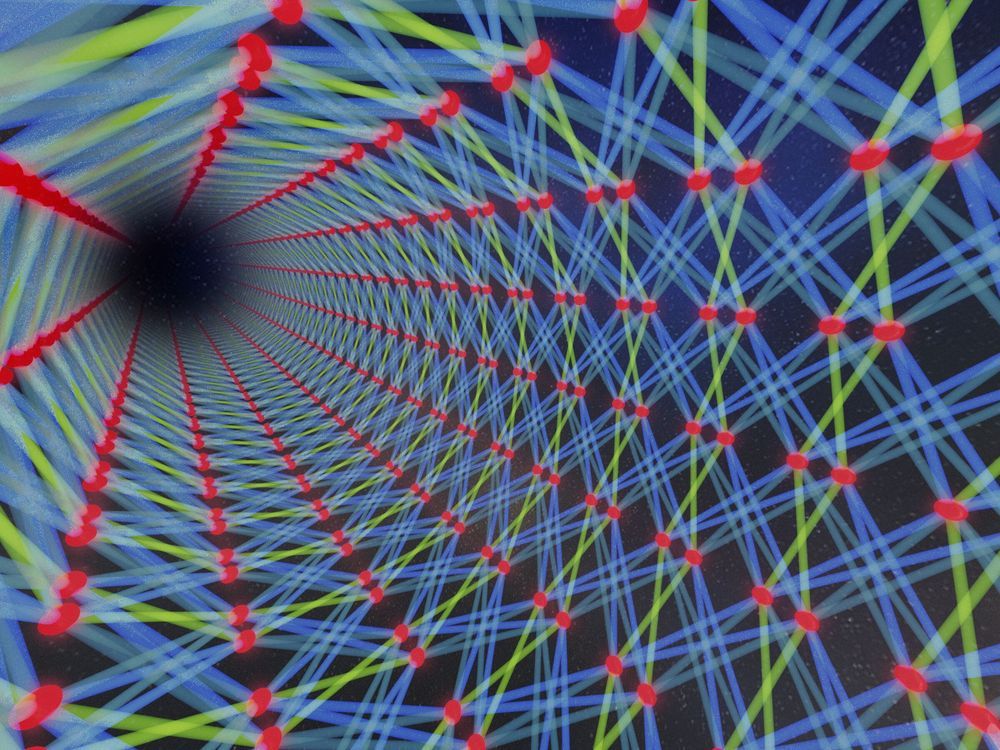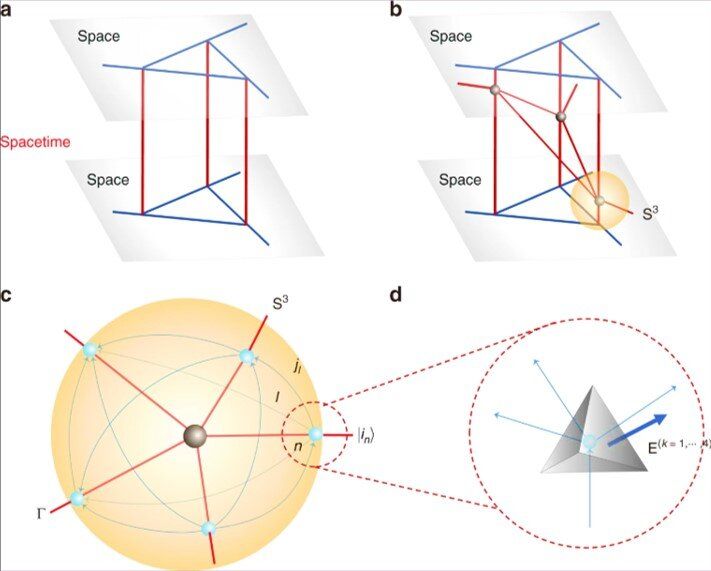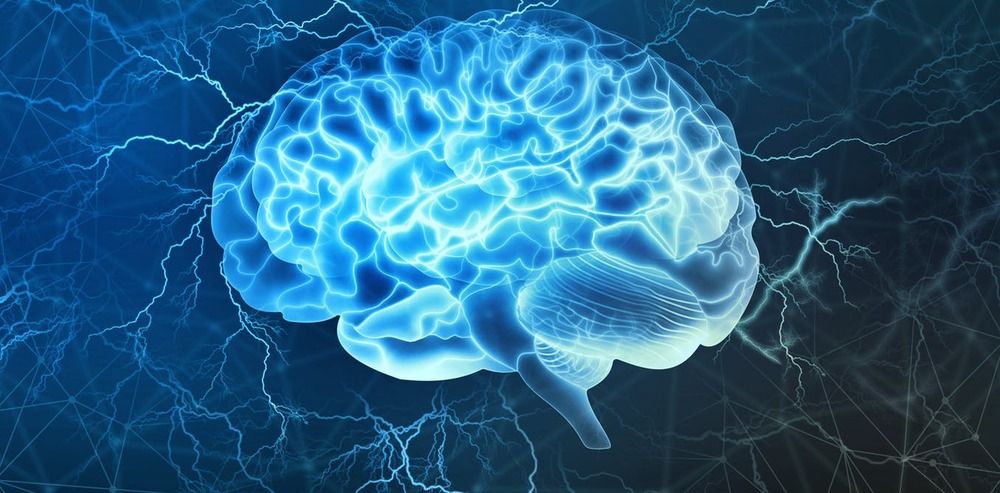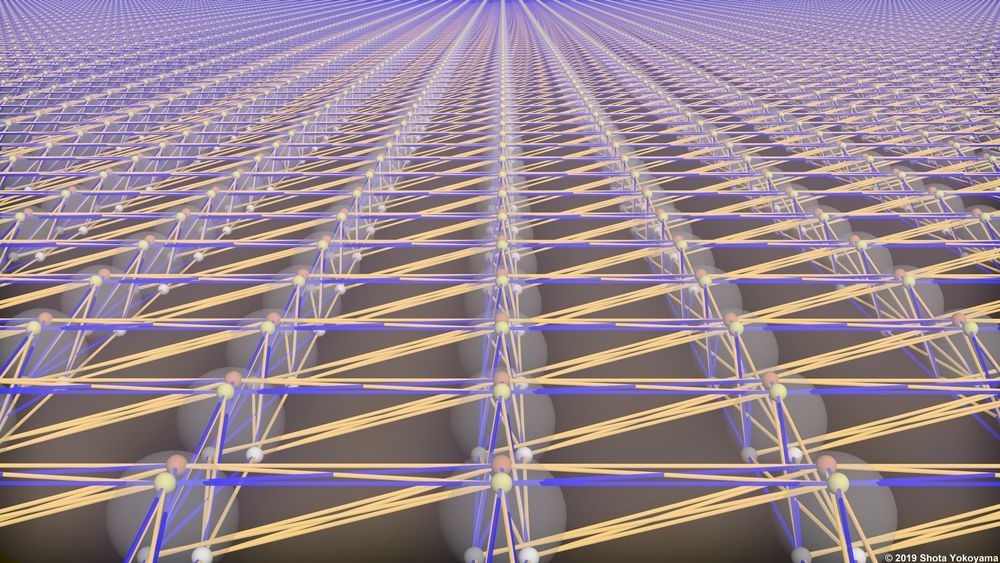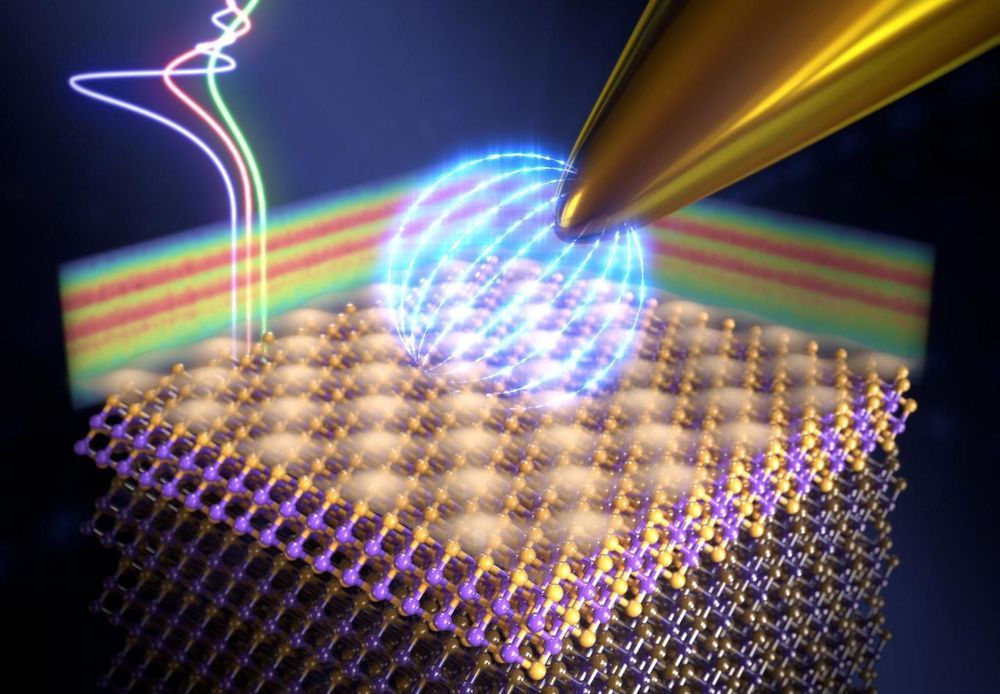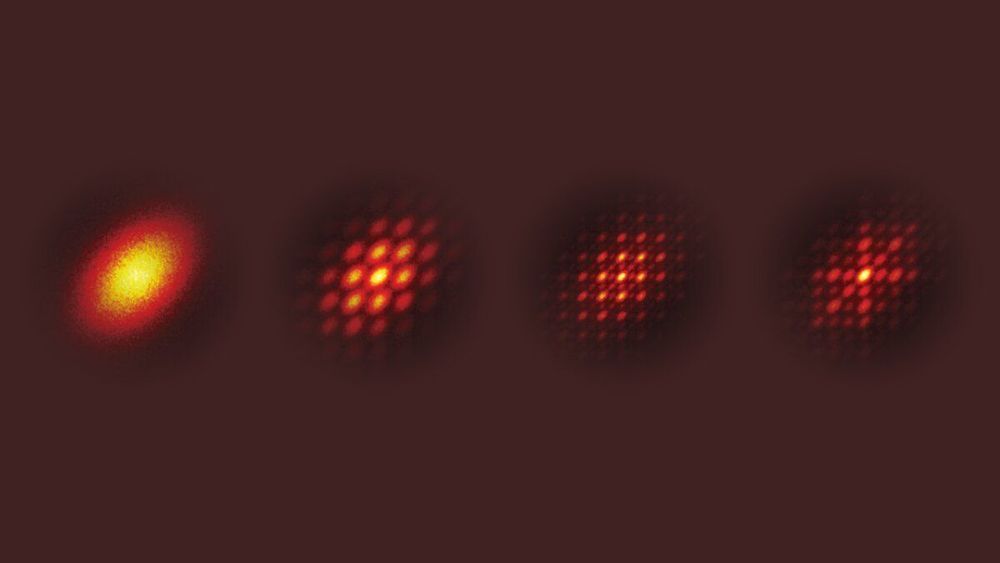Oct 21, 2019
Pushing quantum photonics
Posted by Klaus Baldauf in categories: computing, mobile phones, quantum physics
Quantum computers use the fundamentals of quantum mechanics to potentially speed up the process of solving complex computations. Suppose you need to perform the task of searching for a specific number in a phone book. A classical computer will search each line of the phone book until it finds a match. A quantum computer could search the entire phone book at the same time by assessing each line simultaneously and return a result much faster.
